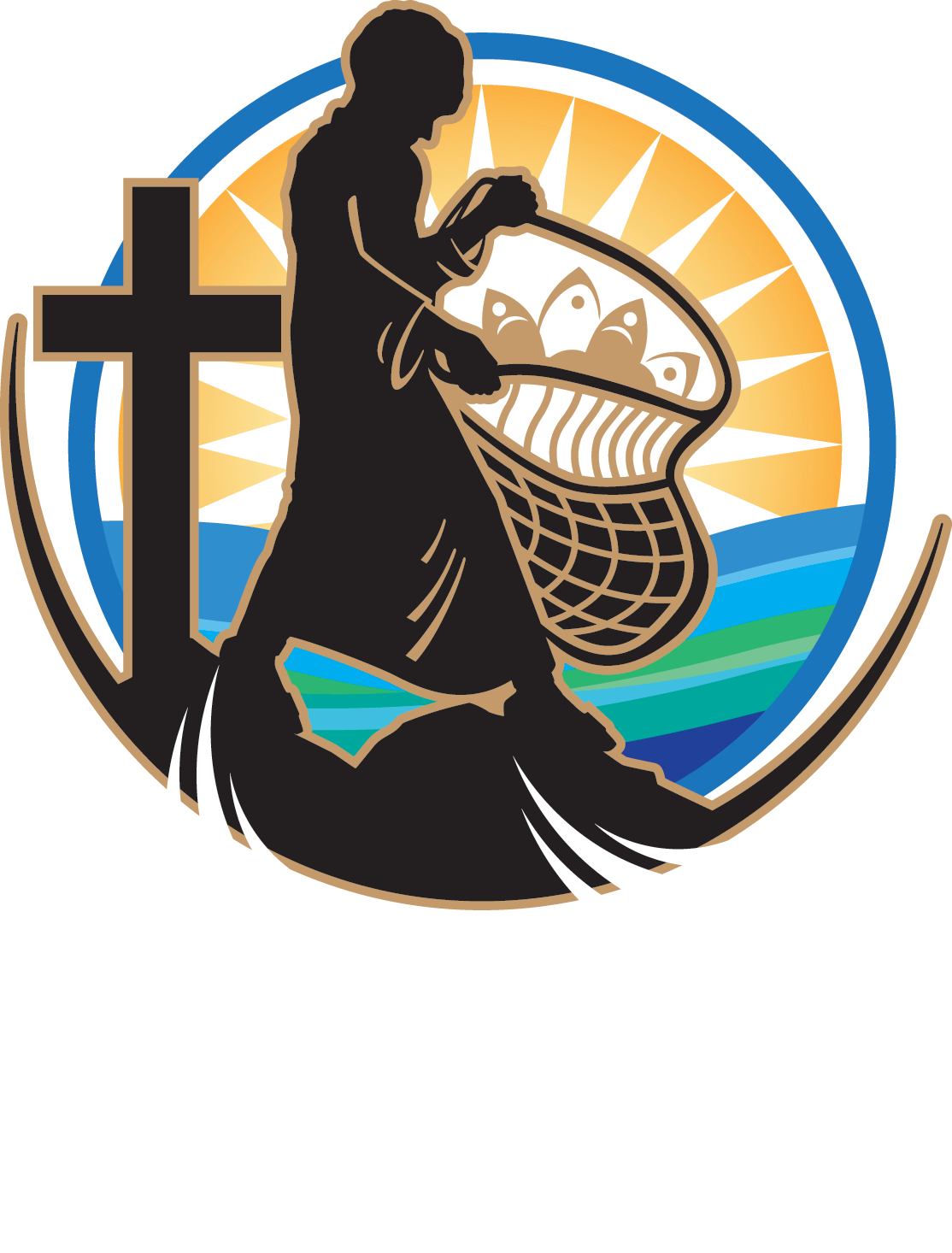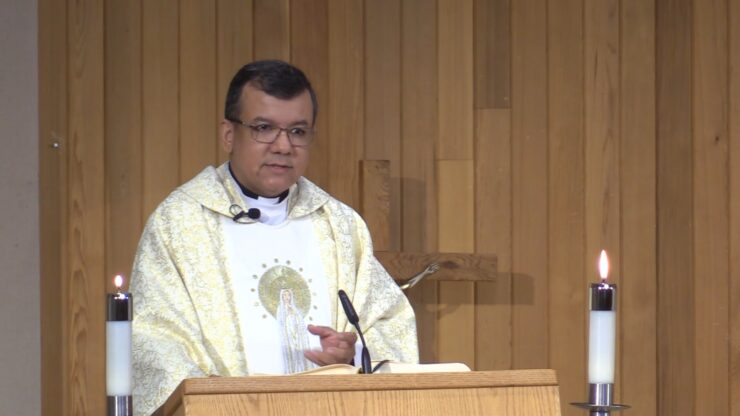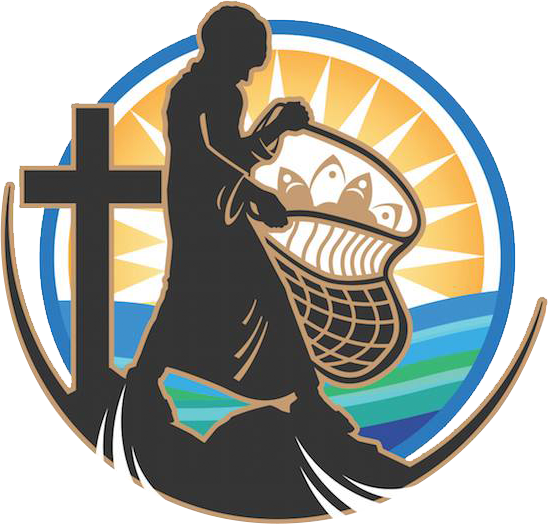PARISH GOVERNANCE IN CANON LAW: THE THREE ESTABLISHED INSTANCES
The Code of Canon Law defines three governing bodies at the parish level—the Pastor, Finance Council, and Pastoral Council—which work not as mere administrative entities but as ministries of service, communion, and discernment. Through them, the parish receives, safeguards, and advances the Church’s mission, ensuring all aspects of parish life align with the good of the People of God and Christ’s call.
- The Pastor – The Shepherd and Steward (Canon 519)
As the shepherd of the parish and its legal representative, the pastor is entrusted with the care of the faithful, leading them in teaching, sanctifying, and governing. He ensures that the Church’s mission is fulfilled through liturgy, pastoral initiatives, and outreach while overseeing parish operations.
- The Finance Council – Stewardship in the Light of the Gospel (Canon 537)
The Finance Council, required in every parish, is not simply a group of financial advisors but co-responsible stewards of the Church’s temporal goods. This council assists the pastor in ensuring that financial decisions reflect prudence, transparency, and fidelity to the Church’s mission.
- The Pastoral Council – A Synodal Heart in Parish Life (Canon 536)
This Council serves as a privileged space of listening, discernment, and co-responsibility. More than simply offering suggestions, this council ensures that the entire parish community moves forward together in mission, avoiding fragmentation and individualism while fostering a spirit of unity and collaboration.
A Common Vision and Shared Discernment
The role of these three governance structures is not to impose individual decisions but to discern the Church’s mission and ensure that all ministries, pastoral initiatives, and individuals move in the same direction—toward Christ and His mission.
Fr. Fabio de Souza




